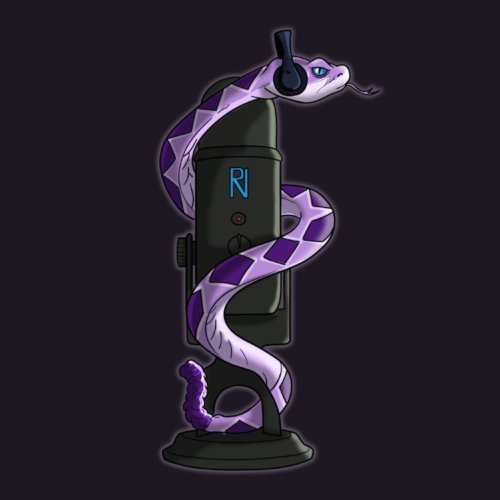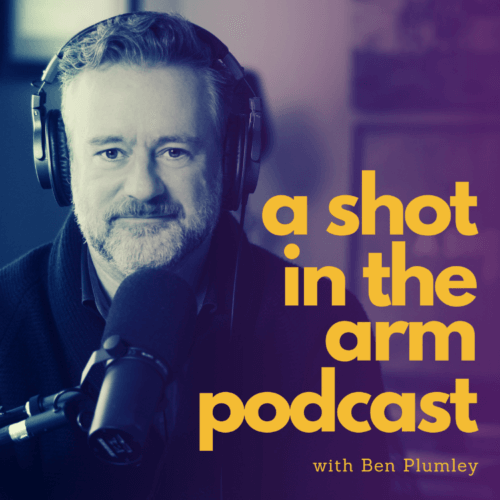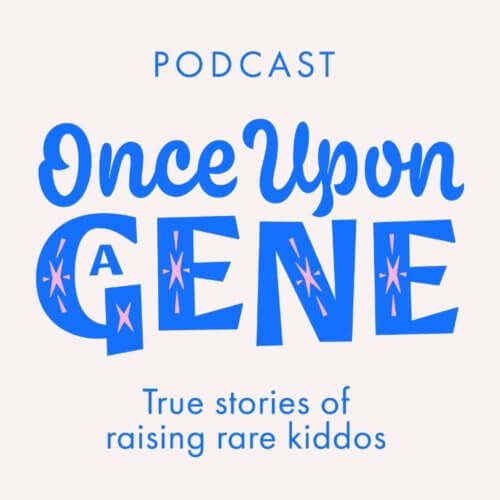The Parkinson’s Legacy of Muhammad Ali
In this episode of When Life Gives You Parkinson’s, we explored the Parkinson’s legacy of Muhammad Ali. He was a boxer, a philanthropist, a Civil Rights leader, a dedicated Muslim and an advocate for Parkinson’s.
In retracing the onset of Ali’s Parkinson’s disease, it is evident he was aware, his doctor was aware and the public was aware that something was happening even as his boxing career was continuing on. The slowness, rigidity, and slurred speech all can be traced back to the mid-70s. Ali’s physician and corner man Dr. Ferdie Pacheco noticed the champ was slipping neurologically in 1977 and resigned after Ali, his wife and trainers ignored his concerns of brain damage which he warned could lead to Parkinson’s.
Looking back at Ali in the ring and on talk show interviews from that year through his diagnosis in 1984, you can hear his voice change and his movements slow down. This is how he described what it felt like to him on The Dick Cavett Show, “You see what you wanna do. I should really hit you. Right? And then, I throw one and it lands right there. I miss you. And you see punches coming and you can get away quick enough…”
In an interview with the When Life Gives You Parkinson’s podcast, Muhammad Ali’s daughter Rasheda Ali Walsh, shares that the journey for diagnosis for her Dad was not much different from most. “I was told that a lot of doctors misdiagnosed him because he was so young and a lot of people thought he was just kind of remnants from the boxing career,” she said. Ali’s first symptom was a tremor in his thumb, he started to move slower and then after that his voice softened and speech began to slur.
Rasheda says accepting the diagnosis also was not easy for her Dad, “My dad felt that everything happens for a reason and I know how cliche that may sound. But he was, of course, distraught when he was diagnosed.” Rasheda says he shied away from public speaking in the 80’s when his voice started to be impacted by the disease. “You know, his mouth was something that made him a lot of money and made him dynamic. And, you know, when he started to speak a little softer, he got a little insecure about speaking,” she said. Ali eventually accepted his diagnosis and his attitude went from insecure to realizing he need to grab a hold of it full force to see what he could do with it to help change the world.
There is something comforting to hear about the struggles Muhammad Ali had in acknowledging initial symptoms, getting diagnosed, accepting the diagnosis, figuring out who to tell and when tell them, and even wrestling with the concept of when to stop working. These are issues and decisions we all share with “The Greatest.” Either Ali was cut down to be seen as human or we all have been lifted up and are doing a whole lot better than we think.
Thank you for listening. Add your voice to the show and leave a message for us here; https://www.speakpipe.com/WhenLifeGivesYouParkinsons
Follow me, Larry Gifford
Twitter: @ParkinsonsPod
Facebook: Facebook.com/ParkinsonsPod
Instagram: @parkinsonspod
Follow Co-host and Producer Niki Reitmeyer
Twitter: @Niki_Reitmayer
If you want more information on the studies around pugilistic Parkinson’s you can find the information in the Journal of Neuropathology and Experimental Neurology through an article titled “Lewy Body Pathology and Chronic Traumatic Encephalopathy Associated With Contact Sports
Thank you to…
NBC’s Tonight with Jack Parr 1963
BBC’s “Parkinson” with Michael Parkinson, 1978
BBC Documentary “One Punch Too Many”
David Letterman, World Wide Pants 1984
Phil Donahue, Multimedia Inc., 1990
Diane Sawyer, ABC News
NBC’s Today Show, NBC News, Matt Lauer and Savannah Guthrie
HBO Sports, “Inside Sports” and Bryant Gumble
And thank you to our special guests:
Rasheda Ali Walsh – Rasheda is the Author of “I’ll hold your hand so you don’t fall,” It’s available on her website www.RashedaAli.net. She served as Honorary Chairperson for the Florida Coalition To Cure Parkinson’s Disease. She serves as Patron for the EPDA, the Muhammad Ali Parkinson’s Center at Barrow Neurological Institute, and serves as Advisory Board Member of BrainStorm Cell Therapeutics, a leading Biotech company.
Dave Clark, sports presenter on Sky Sports News
Our presenting partner is Parkinson Canada http://www.parkinson.ca/
The toll free hotline 1-800-565-3000
Or follow them on Twitter @ParkinsonCanada
Thanks also to our content and promotional partners
Parkinson’s IQ + You– A free, series of Parkinson’s events from the Michael J. Fox Foundation
Spotlight YOPD – The only Parkinson’s organization dedicated to raising awareness for Young Onset Parkinson’s disease and funds for the Cure Parkinson’s Trust.
Credits
Dila Velazquez – Story Producer
Rob Johnston – Sound Design
































